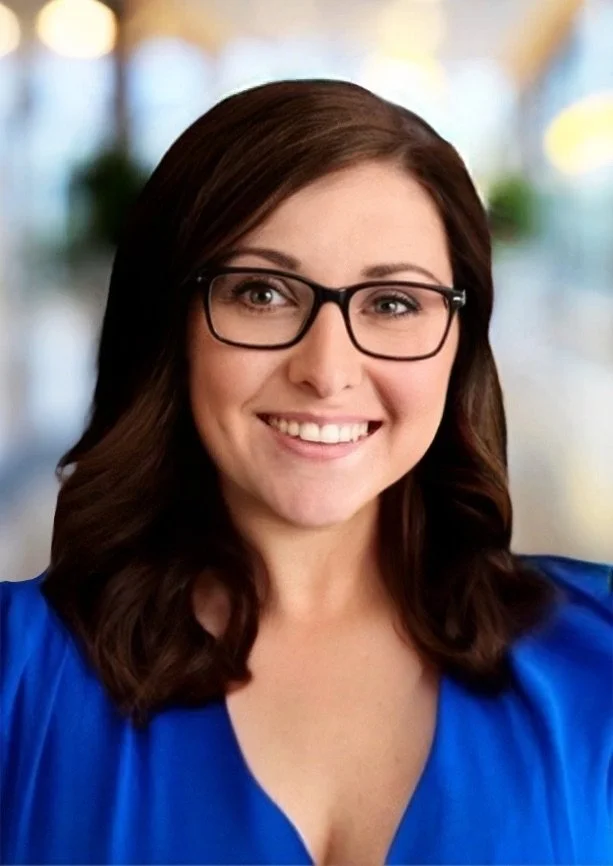MEET OUR FOUNDER
Alissa Zingman MD MPH
PRISM Medical Director
Creator of PRISM Physiolign™ Method
Founder of Ehlers-Danlos Syndrome Research Foundation (now merged with The Ehlers-Danlos Society)
Washingtonian Top Doctor 2025
Orthopaedic, Occupational, and Environmental Preventive Medicine
Dr. Alissa Zingman is board-certified by the American Board of Preventive Medicine and specializes in Musculoskeletal care of elite athletes and patients with Ehlers-Danlos Syndromes. Dr. Zingman believes in investigating all possibilities regarding a patient’s symptoms, in restoring function and quality of life, and in bringing the work done at P.R.I.S.M. to academic medical centers and gaining insurance coverage for these services. Her approach to patient care is comprehensive, analytical, and warm. She founded P.R.I.S.M. to create the compassionate, innovative multidisciplinary practice she wished had been available to her as a patient. Dr. Zingman earned her medical degree from the University of Maryland School of Medicine and R Adams Cowley Shock Trauma Center where she was awarded the alumni scholarship every year. In 2023, she was featured on the cover of the medical school’s alumni magazine. She is an NIH Fogarty grant recipient with publications ranging from neurodevelopment to endocrine and bone mineral density dysfunction in elite female athletes. She created the model currently used for rotator cuff arthropathy research, and has raised over one million dollars in funds for Ehlers-Danlos and Dysautonomia research in addition to her own publications on these topics.
She presents research, educational lectures and gives workshops at numerous professional societies. She is currently serving on the committee developing diagnostic criteria and standards of care for autonomic conditions. She most recently lectured at the Chiari-Syringomyelia Foundation and Norris Lab Together We Thrive Conference, Dysautonomia International, and the Ehlers-Danlos Society. She has given invited lectures at Johns Hopkins, Georgetown, George Washington University, Dartmouth, and the Medical University of South Carolina among others. Her orthopaedic research has been featured at the American Society for Surgery of the Hand, American Academy of Orthoapedic Surgery, and the Orthopaedic Research Society among others. She co-founder the Ehlers-Danlos Syndrome Research Society, which awarded over a half-million dollars in research grants in its final year before merging into the EDS Society in Spring 2025. Dr. Zingman’s advocacy and innovation have been featured in outlets including The Lancet, National Geographic, The Washington Post, People Magazine, The Guardian, and USA Today among others.
After medical school, Dr. Zingman completed nearly four years of post-graduate training in orthopedic surgery, however due to post-pregnancy complications related to her own Ehlers-Danlos Syndrome and related disorders was unable to continue. She left with excellent letters of recommendation which helped her gain acceptance to the prestigious Johns Hopkins residency where she both completed her training and received a full scholarship to earn her Masters Degree in Public Health with distinction. Johns Hopkins School of Public Health awarded her the only award available to residents in her field, a distinction for her community service and commitment to excellence in patient care upon graduating from her program.
A former professional dancer and pilates instructor, Dr. Zingman integrates her clinical expertise with lived experience. She has trained and treated Olympic athletes, professional dancers and football players, over 1500 Ehlers-Danlos Syndrome and hypermobility patients, and patients requiring complex musculoskeletal care. Her research and publications span injury prevention, dance medicine, nerve recovery, and connective tissue disorders. At P.R.I.S.M., Dr. Zingman integrates academic expertise, clinical innovation, and personal perspective to deliver comprehensive, compassionate care. She is dedicated to advancing research, educating future clinicians, and ensuring that patients with complex conditions feel validated, supported, and empowered.




